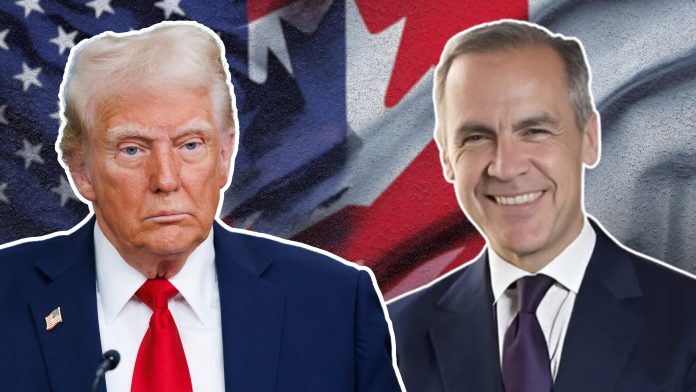Yesterday, the Canadian government announced 25% tariffs on U.S.-built vehicles. The country’s retaliation marks a significant escalation in the trade standoff between the two nations, with the most significant impact on the automotive industry. The retaliatory measure is in response to what Canadian officials have called “unwarranted and unreasonable” trade actions on behalf of the United States.
“Canada continues to respond forcefully to all unwarranted and unreasonable tariffs imposed by the U.S. on Canadian products,” Finance Minister François-Philippe Champagne said in a public statement regarding the matter. “The government is firmly committed to getting theses U.S. tariffs removed as soon as possible.”
The Canadian government has avoided a blanket approach and deployed a measured and pointed approach. The 25% tariffs target U.S-built vehicles that don’t comply with the United States-Mexico-Canada Agreement (USMCA). It will also apply to compliant vehicles with parts sourced outside Mexico and Canada. Vehicles and parts built in Mexico are exempt as part of Canada’s attempt to protect its Mexican counterparts.
The Canadian has stated that the retaliatory countermeasures will remain in place until the United States relents. They aim to pressure Washington and force President Donald Trump to eliminate the tariffs against Canadian autos.
Unifor, Canada’s largest private-sector union, voiced strong support for the move, warning that Canadian positions are on the line. To mitigate fallout for automakers, Canada is also exploring a remission framework that could offer relief to companies boosting domestic production. While the full impact of the trade tensions is still uncertain, it is evident that neither country will back down anytime soon.



